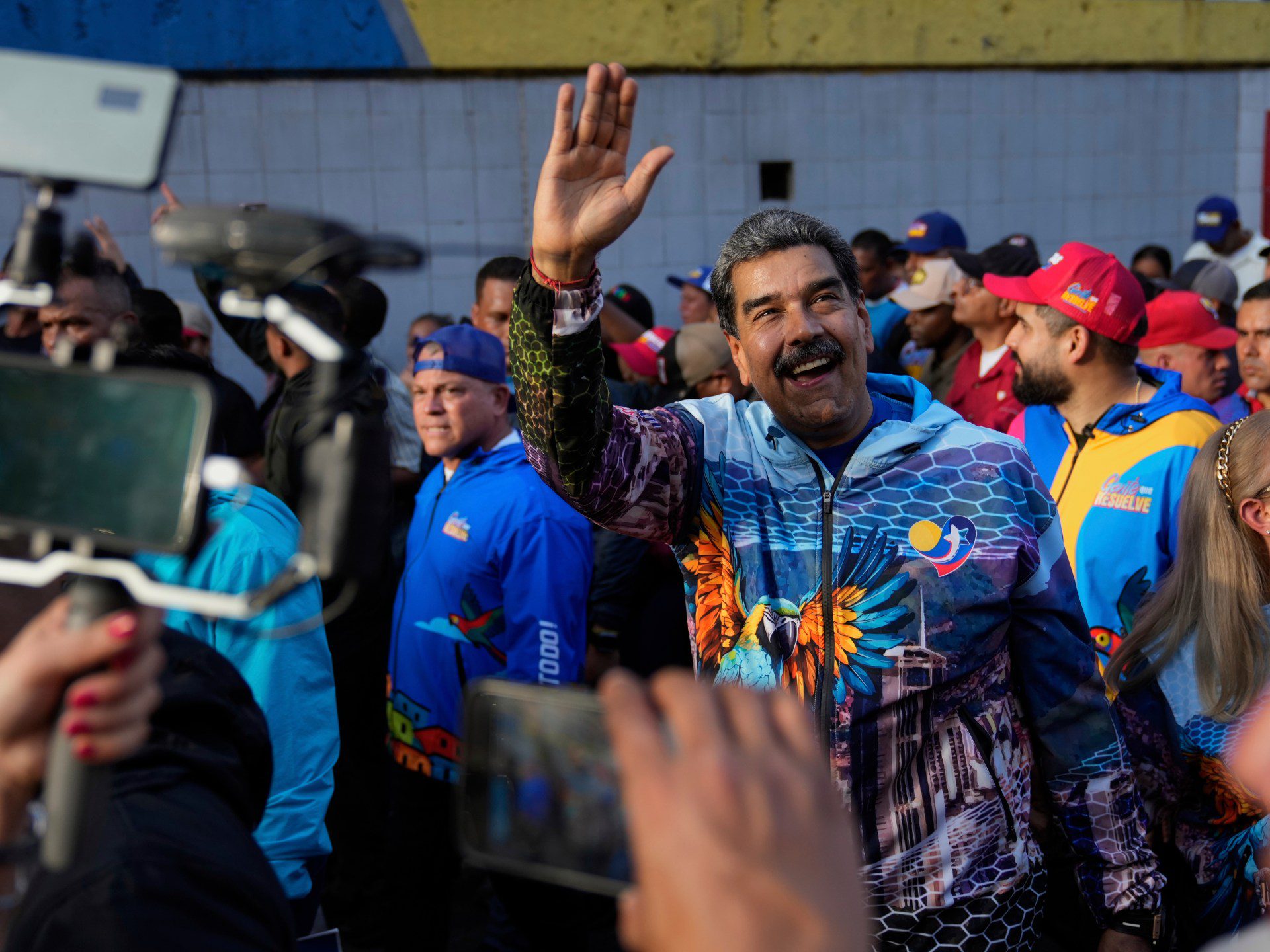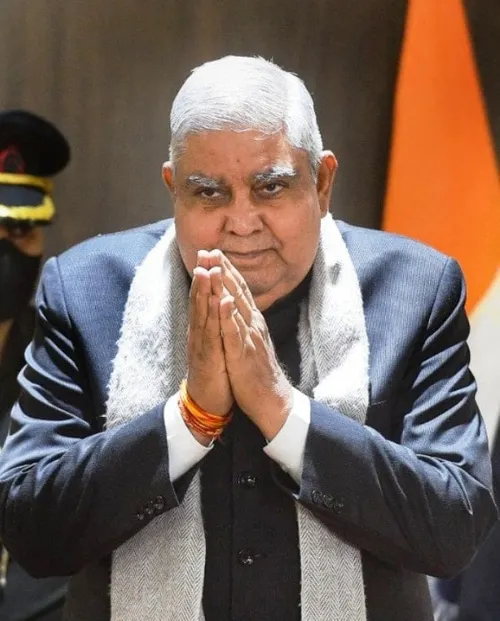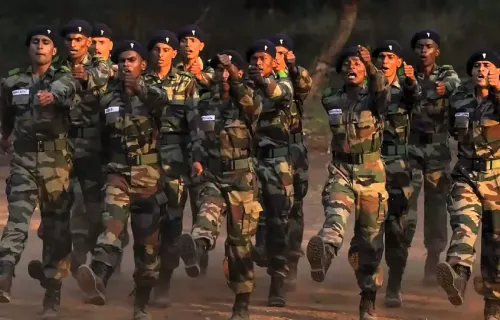A top figure in Venezuela’s opposition has been arrested on charges of “terrorism” before parliamentary elections scheduled for the weekend.
On Friday, a social media account for Juan Pablo Guanipa, a close associate of Maria Corina Machado, considered the leader of the opposition coalition, announced he had been detained. State television also carried images of his arrest, as he was escorted away by armed guards.
In a prewritten message online, Guanipa denounced Venezuelan President Nicolas Maduro for human rights abuses, including stifling political dissent and false imprisonment.
“Brothers and sisters, if you are reading this, it is because I have been kidnapped by the forces of Nicolas Maduro’s regime,” Guanipa wrote.
“For months, I, like many Venezuelans, have been in hiding for my safety. Unfortunately, my time in hiding has come to an end. As of today, I am part of the list of Venezuelans kidnapped by the dictatorship.”
Since Venezuela held a hotly contested presidential election in July 2024, Guanipa, along with several other opposition figures, has been in hiding, for fear of being arrested.
That presidential election culminated in a disputed outcome and widespread protests. On the night of the vote, Venezuela’s election authorities declared Maduro the winner, awarding him a third successive six-year term, but it failed to publish the polling tallies to substantiate that result.
In a statement on Friday, US Secretary of State Marco Rubio expressed concern over the arrest of Guanipa and over 70 other individuals, slamming what he called a “new wave of repression” ahead of weekend elections.
Meanwhile, the opposition coalition published tallies from voting stations that it said proved its candidate, Edmundo Gonzalez, had prevailed in a landslide. International watchdogs also criticised the election for its lack of transparency.
Maduro’s government responded to the election-related protests with a police crackdown that led to nearly 2,000 arrests and 25 people killed. It also issued arrest warrants against opposition leaders, accusing them of charges ranging from conspiracy to falsifying records.
Maduro has long accused political dissidents of conspiring with foreign forces to topple his government.

Gonzalez himself was among those for whom a warrant was signed. He fled to exile in Spain. Others have gone into hiding, avoiding the public eye. Until recently, a group of five opposition members had sought shelter in the Argentinian embassy in Caracas, until they were reportedly smuggled out of the country earlier this month.
Opposition members and their supporters have dismissed the charges against them as spurious and further evidence of the Maduro government’s repressive tactics.
“This is pure and simple STATE TERRORISM,” Machado, the opposition leader, wrote on social media in the wake of Guanipa’s arrest.
Machado and others have said that Guanipa was one of several people arrested in the lead-up to this weekend’s regional elections, which will see members of the National Assembly and state-level positions on the ballot.
Several prominent members of the opposition have pledged to boycott the vote, arguing it is a means for Maduro to consolidate power.
“Just hours before a farcical election with no guarantees of any kind, the regime has reactivated an operation of political repression,” Gonzalez wrote on social media, in reaction to the recent spate of arrests.
He argued that the detention of Guanipa and others was a means of ensuring “nothing will go off script” during Sunday’s vote.
“They harass political, social, and community leaders. They persecute those who influence public opinion. They intend to shut down all alternative information spaces and ensure a narrative monopoly,” Gonzalez wrote.
“To the international community: This is not an election. It’s an authoritarian device to shield the power they’ve usurped.”
Anurag Dhole is a seasoned journalist and content writer with a passion for delivering timely, accurate, and engaging stories. With over 8 years of experience in digital media, she covers a wide range of topics—from breaking news and politics to business insights and cultural trends. Jane's writing style blends clarity with depth, aiming to inform and inspire readers in a fast-paced media landscape. When she’s not chasing stories, she’s likely reading investigative features or exploring local cafés for her next writing spot.






